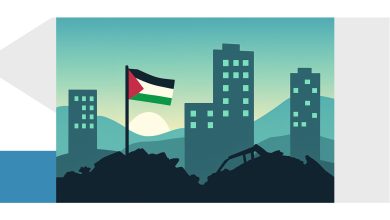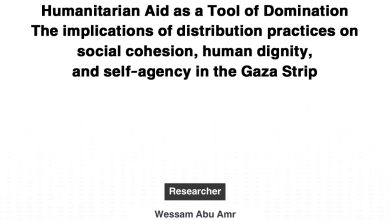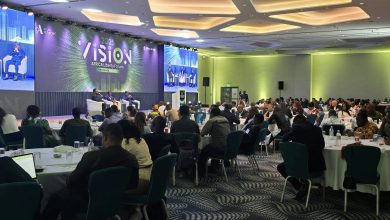Croatia and Palestine: Two spaces, two conflicts – common desire for peace

As a continuation of Pal-Think work on reconciliation and peace processes in Palestine, a Palestinian delegation consistent of civil society activists including representatives from Pal-Think, have been in Croatia to engage in a comparative study visit on human rights, peace building and reconciliation. The visit was a part of a project, jointly implemented by PalThink, IPEMED and the Centre for Peace Studies in Croatia called “Two spaces, two conflicts – common desire for peace”. The study visit took departure in lessons learned from the reconciliation efforts made by the Croatian Government and the civil society during- and after the conflicts in the Balkans, which took place over a decade from 1991-2001. The project is established with the goal of sharing experiences and enhancing the capacity of Palestinian CSOs to increase their focus on peace building in Gaza by increasing their efforts to target democratic transitional processes and human rights protection during reconciliation. ‘Even though we are not jet at a stage in time where reconciliation is possible, we need to be prepared. The Palestinian civil society will be the real enhancement of reconciliation when time comes and we need strategies for how best to engage the Palestinian people in such a process’, Omar Shaban, chairman from Pal-Think argues.
On the 6-day study visit, Pal-Think meet with representatives from the Parliament and the Foreign Affairs Committee of Croatia to discuss an increased collaborate effort strengthening the link between CSO’s in the Balkans and in Palestine, with the support from the Parliament. The visit further had as its objective to learn about the legislative efforts trying to reconsolidate the Croatian nation and ensure the rights of the 22 different ethnic minorities in the country; lessons useful in the lobbying for a rights-based approach to reconciliation in Palestine.
During the visit, Pal-Think meet with leading Croatian experts from the Centre for Peace Studies, The Human Rights House and The Croatian Platform for International Citizen Solidarity (CROSOL) to discuss the role of the civil society. A visit to Document, which is the Center for Dealing with the Past (a collaborative initiative made by the organisations listed above), showed the Croatians great efforts to promote empowering of the Croatian citizens through engagement in public dialogue and political awareness with an emphasis on using a multimedia approach. These efforts are similar to the approach Pal-Think is already trying to emphasise in a Palestinian context, hence an increased shared understanding of methods was established during the trip, fertilising the soil for a continuing fruitful collaborative effort.
‘An increased focus on popular diplomacy and the importance of engaging the civil society across national boarders is key to establishing increased awareness of our cause in Europe and to work towards peace in the region of The Middle East’ Omar states.







